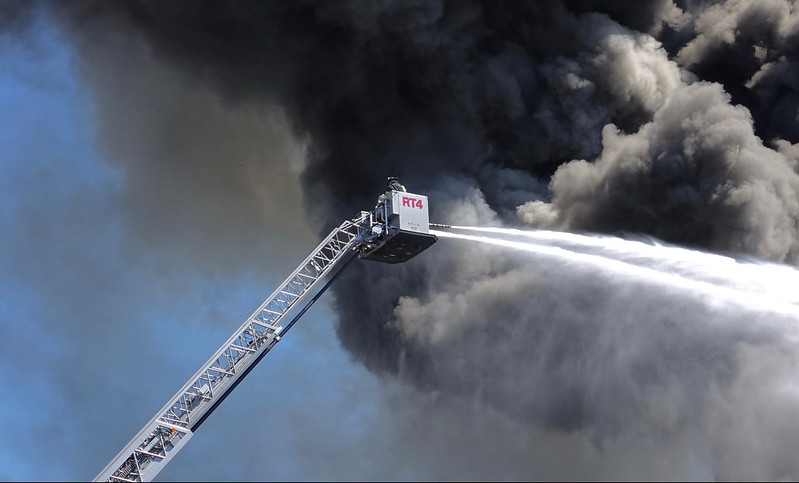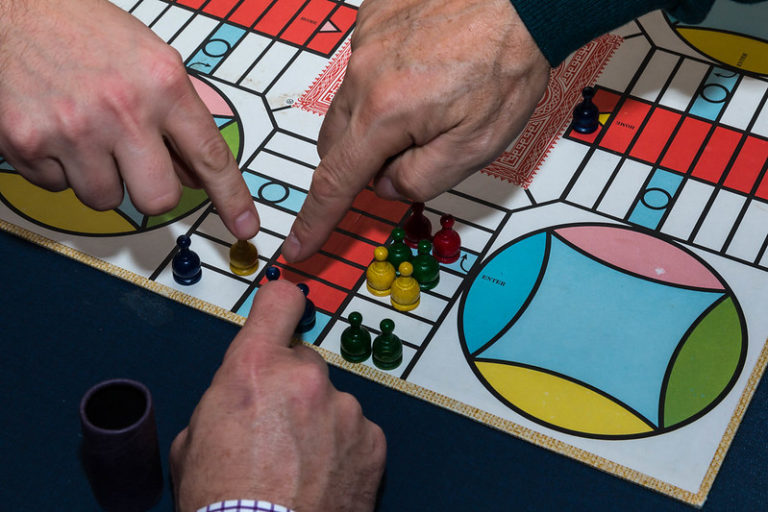Letter from LV dated 25th DEC 2024

2024, shocks and chaos
2024 shows a troubled Asia, a troubled Middle East, a confused Africa, a tormented Slavic area, a reshaping America and a chaotic Europe. Looking at elections around the world around the world, LV can see a growing divide between disillusioned voters and increasingly authoritarian systems of government, including in post-democratic countries.
To read the article, click here
Embarrassments of the law
While the rule of law is one of the foundations of democracy, the embarrassments into which the law, its interpretation and application plunge leaders into, raises questions about their knowledge and even understanding. Since the purpose of the law is to regulate interactions between people and between institutions, ignorance of it can only can only lead to instability and, a fortiori, disappointment.
To read the article, click here
Lorgnette: Notre-Dame once again
Five years ago, the fire at Notre-Dame caused a stir. While it is difficult to speak of the ‘resurrection’ of a building, its ‘recovery’ is good news. This is good news: France is still capable of carrying out major projects (in addition to organising the Olympic Games), thanks in particular to the decisiveness of a leader (General Georgelin) who who knew how to override bureaucratic rigidity.
Lasting and discreet emotion, familiarity, cultural value, architectural prowess, beauty and heritage, but also an emblem of the nation: ‘Notre-Dame ticks almost all the boxes that make a building an emotional heritage’ we wrote (LV 116). The symbol was shared by the powerful people of the world, including D. Trump and E. Musk. Does this mean that France convincing? The same as always, no doubt. Probably less so the management of the moment, despite its willingness to put on a show.
As was the case five years ago, the public rejected the government’s supposed desire to ‘seize the opportunity’ to show off. And we concluded: ‘May the restoration of Notre-Dame put France back on the road to confidence, serenity and the common good’.
JOVPN
Subscribers: click directly on the links to read online or download the pdf issue (here), always with your login/password. New readers: subscribe (discovery subscription €22, annual subscription €85, orga. subscription €400 excl. tax): here, the different options.








